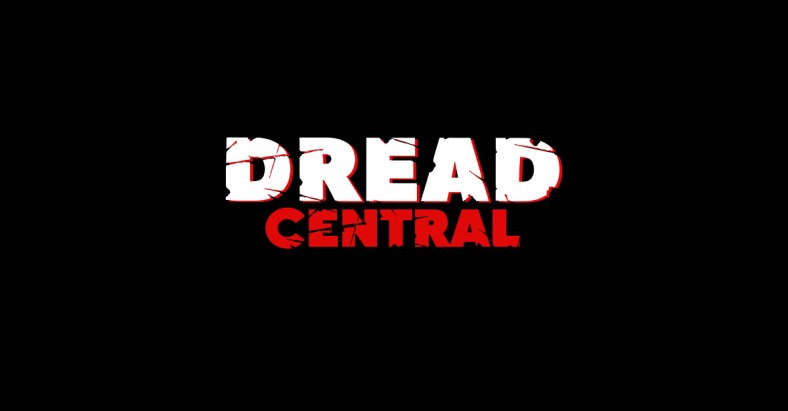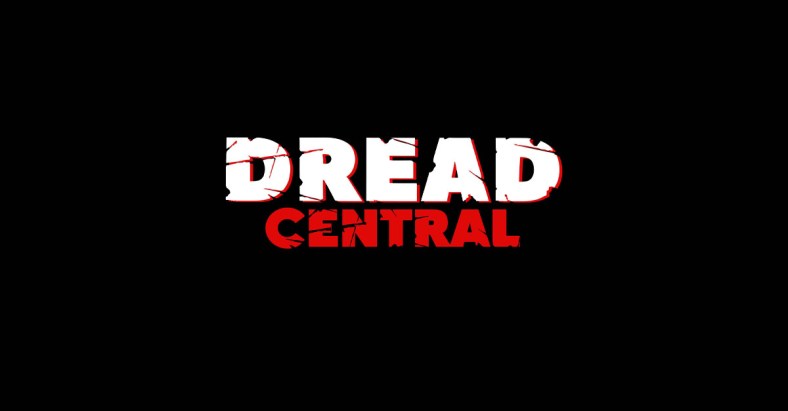Exclusive: Cris Velasco on Scoring Resident Evil VII: Biohazard

The success of Capcom’s Resident Evil VII: Biohazard (review) cannot be denied. A true throwback to the roots of the series, the game is one of the most beautiful and also one of the most authentic survival horror experiences that many gamers have had in a long time. Furthermore, the title recently passed 3.5 million units sold worldwide, making it a commercial success as well a critical one.
We caught up with composer Cris Velasco, who contributed to the soundtrack of the game, to discuss his approach towards a Resident Evil entry. After all, joining the team of such a storied franchise isn’t easy, especially when the last two entries were so scrutinized. However, Velasco didn’t let any of that get him down, instead choosing to bring terror and beauty to the game with his unique compositions.
Enter the world of survival horror…or at the very least head on below to read our interview with Cris Velasco! And if you want to get a copy of RE7‘s soundtrack, you can do so right here.
Resident Evil 7 was both highly anticipated and also under a lot of very judgmental eyes, thanks to the changes in tone that were exhibited in Resident Evil 5 and 6. What was it like coming onboard a game that you knew was going to be scrutinized so heavily?
It’s never easy coming into an established franchise like this. But what else can you do except move forward and try to do your best work? In the end, you hope that the fans will be pleased with the new direction the score is taking. If the fans are happy, and the client is happy, I can sleep well at night. I’ve actually had some pretty nice feedback on my music for this, so all is good so far!
RE7 was far more focused on atmosphere than action-packed sequences, like its predecessors. How did that style impact your compositions and your approach to scoring the game?
Capcom was very upfront about this from the beginning, that the game would be more atmospheric. Something that goes back to their survival horror roots. That’s why they chose to have the score written in a style called musique concrète. It’s more experimental and sound design driven than a typical score. It’s a perfect choice for a horror game like this. Essentially, it’s taking a group of somewhat “random” sounds, and splicing them together in unexpected but interesting ways. Similar to editing a film perhaps. Not just splicing them though, but doing things like slowing audio down, or distorting parts, or reversing them, etc. Employing this technique, we were able to create an interesting musical tapestry for RE7.
The game took place in the deep South, which often has a strong set of preconceived notions attached to it. Did the location and setting of the game have an impact on your musical approach?
In the end, no. I originally thought that we might do something with the music that tipped a hat to Louisiana a bit. I think that was too on the nose for this game though. The music for RE7 just needed to be scary, without giving a nod to the location.

There are sequences where no music plays and the player is left to walk around the various environments in silence. For me, that made the places where music DID play all the more impactful. Did you know of these silences beforehand and, if so, how did they influence your work?
No, I wasn’t aware of how the music was going to be implemented. But it makes sense that they did that. I think the anticipation of being scared is much scarier than having it constantly thrown in your face. It works that way with music too. If it’s largely absent, and then finally comes in, you know something horrible is probably going to happen.
Did the music of the previous entries in the Resident Evil franchise play any part in your work?
Not at all actually. Although I remain a big fan of the previous scores, this new game really required a fresh take.
The Resident Evil games often brought some forth some truly disgusting and horrific monstrosities. I’m curious, did composing for RE7 allow you to bring out any instruments or odd objects for your work that you don’t really get a chance to use otherwise?
Yes, absolutely! We started out by recording a lot of string fx with an orchestra in Los Angeles called Cinema Scoring. This was the foundation of the whole score really. However, this it is also pretty common for a horror title so we went the extra mile for our sounds. Next, we recorded two vocalists (Chip Joslin and Tammy Barr) to provide some pretty gross vocal fx. Besides the usual whispers, moans, and shouts; we also had them make asphyxiation and drowning noises, “zombie animal” sounds, and a large variety of other scary stuff. Finally, a ton of sound fx were recording to be used as part of the musical score. These were all recorded binaurally as well. Stuff like out-of-tune instruments, creaking leather, metal being dragged, and even a bee hive full of live bees. Combining this trio of sounds was how we took advantage of that musique concrète style.
Hearkening back to the first question, RE7 turned out to be not just a fantastic game in the franchise but a brilliant game overall! Once the reviews started coming in, what were some of the emotions and feelings you went through?
Well…I was pretty ecstatic of course! It’s been months since the game was released, and here we are still talking about it. In the world of games, that says something. The guys at Capcom deserve all the praise they’re receiving. It’s not easy to reboot a franchise. They’ve made something great, and I’m just happy to be involved.

Categorized:News

